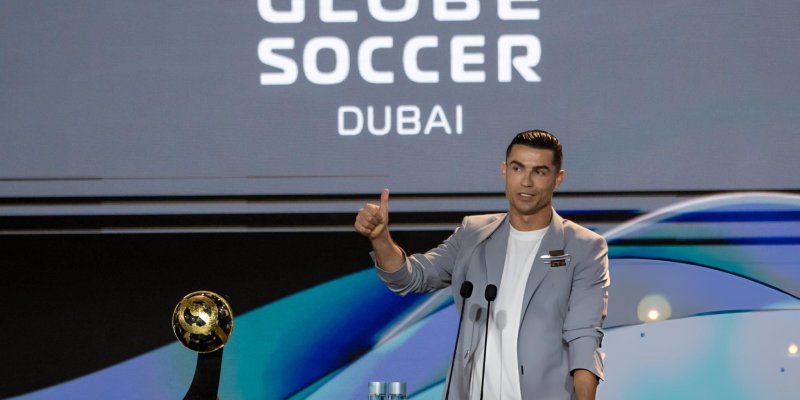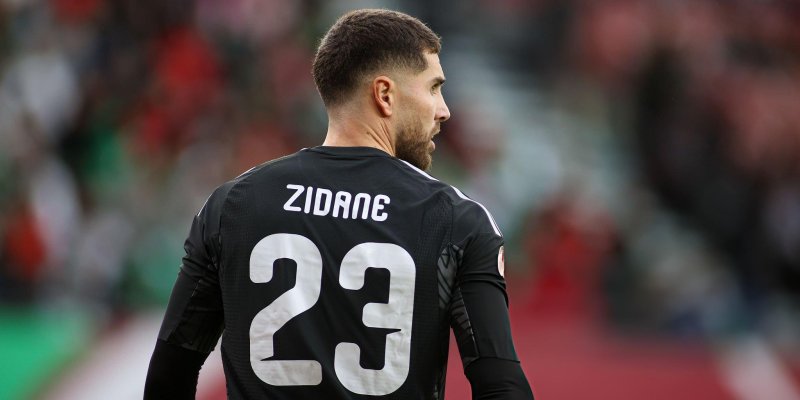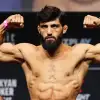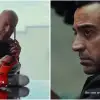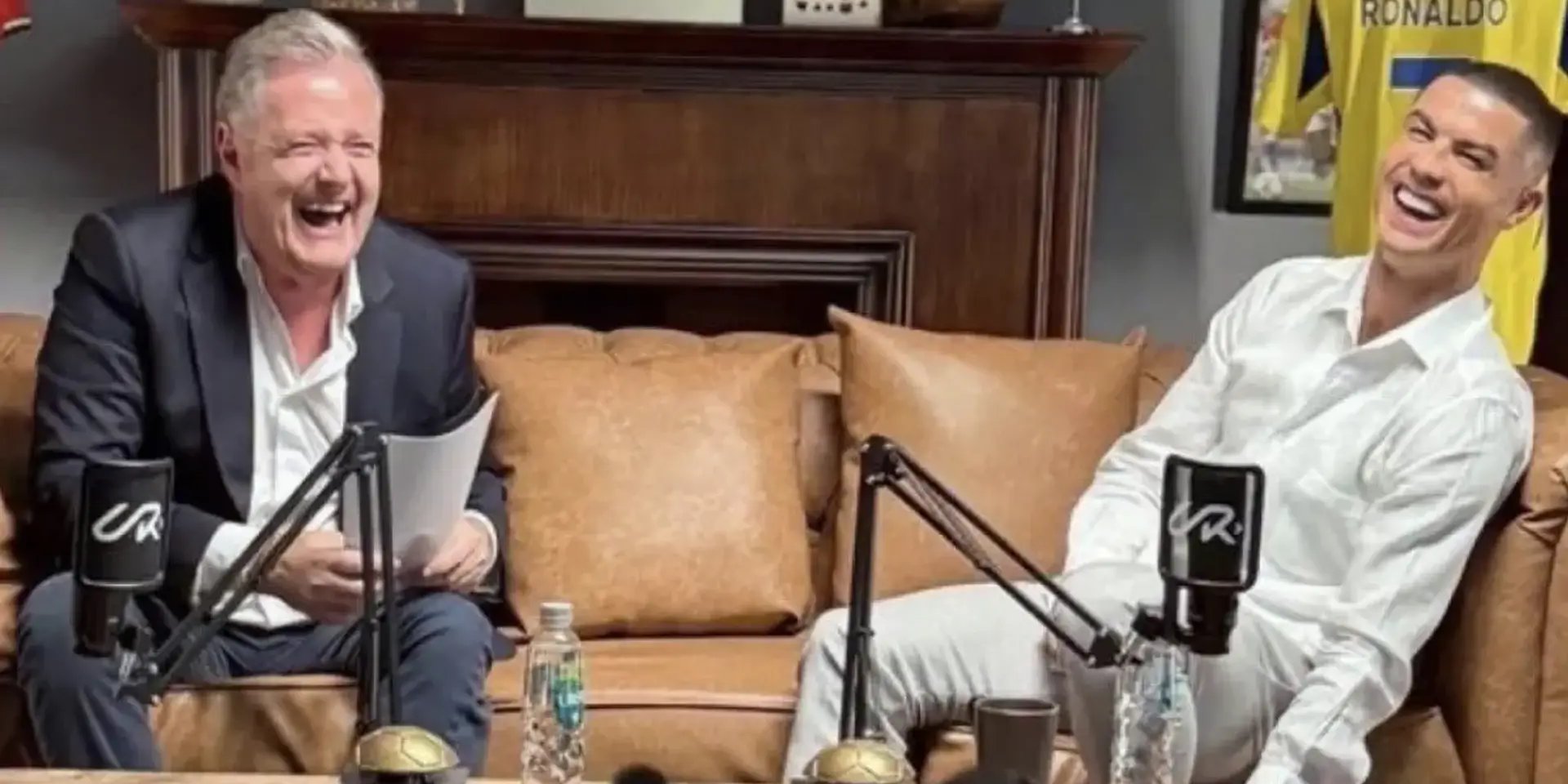
Cristiano Ronaldo's new conversation with Piers Morgan has once again become an event: a friendly format, direct questions, and answers without the old "maybe later" evasions. The first part of the interview spread across social media with tens of millions of views and immediately brought back three themes that have followed Ronaldo for years: his view of "Manchester United," his personal bar in business, and his readiness to tell football "enough." This time the Portuguese speaks calmly but firmly — without trying to please everyone at once.
'United' Is Not About Points but Direction: A Diagnosis from a Former Leader
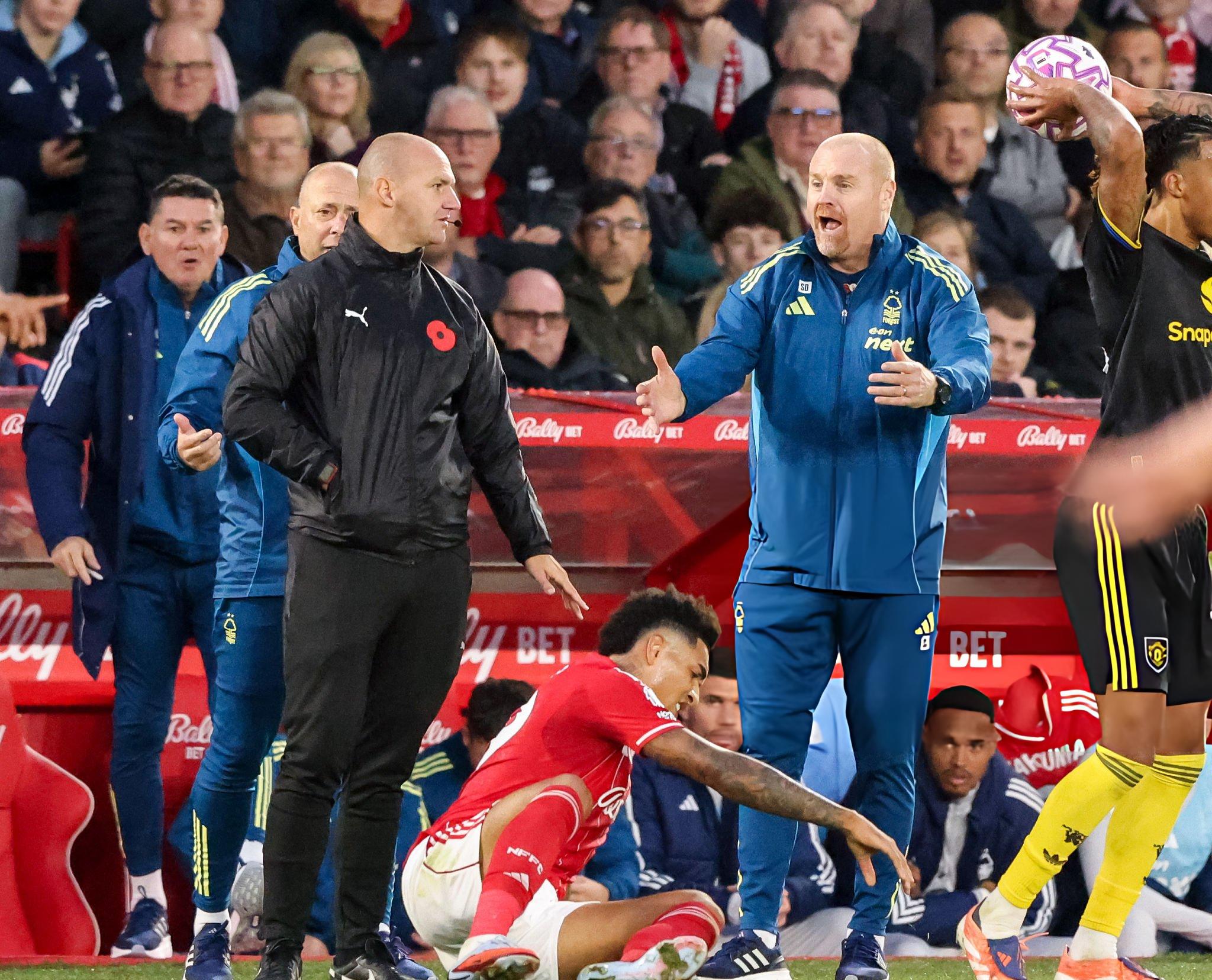
As usual, the conversation began with England — Morgan habitually mentioned "Arsenal," but Ronaldo quickly steered it to Manchester. His assessment is simple: United's problem is not a dip in form but a structural error. The club drops points too often, yet the main issue is not the table but the lack of "structure" — there is no coherent model binding together the work of the board, the football operation, and the academy. Ronaldo doesn't hide his feelings: United is a vital part of his career and memory — there he lifted the Champions League and collected individual awards — but love does not prevent him from saying uncomfortable things. In his view, United must return to the recipe that once produced a hungry, youthful generation — from Nicky Butt and Gary Neville to Roy Keane and David Beckham. For now, the route, in Cristiano's opinion, is the wrong one, and this is not an attack on a single person on the bench or in the dressing room — the problem is broader.
Coach Out of the Firing Line: 'Miracles Don't Happen Even in Fatima'
Speaking about the man running the team today, Ronaldo is respectful. He doesn't shy from the name, but he doesn't fire arrows either: Rúben Amorim "is doing the maximum of what's possible." Then comes a characteristic Ronaldo metaphor: miracles belong outside football, "in Fatima," where the Portuguese traditionally speak of them. The message is clear: United have good players, but part of the squad still doesn't grasp what the weight of the crest means and what level of responsibility the colors carry. A coach's work is powerless if the surrounding system does not support a hierarchy of values.
A Billion as a Milestone, Not the Meaning of Life
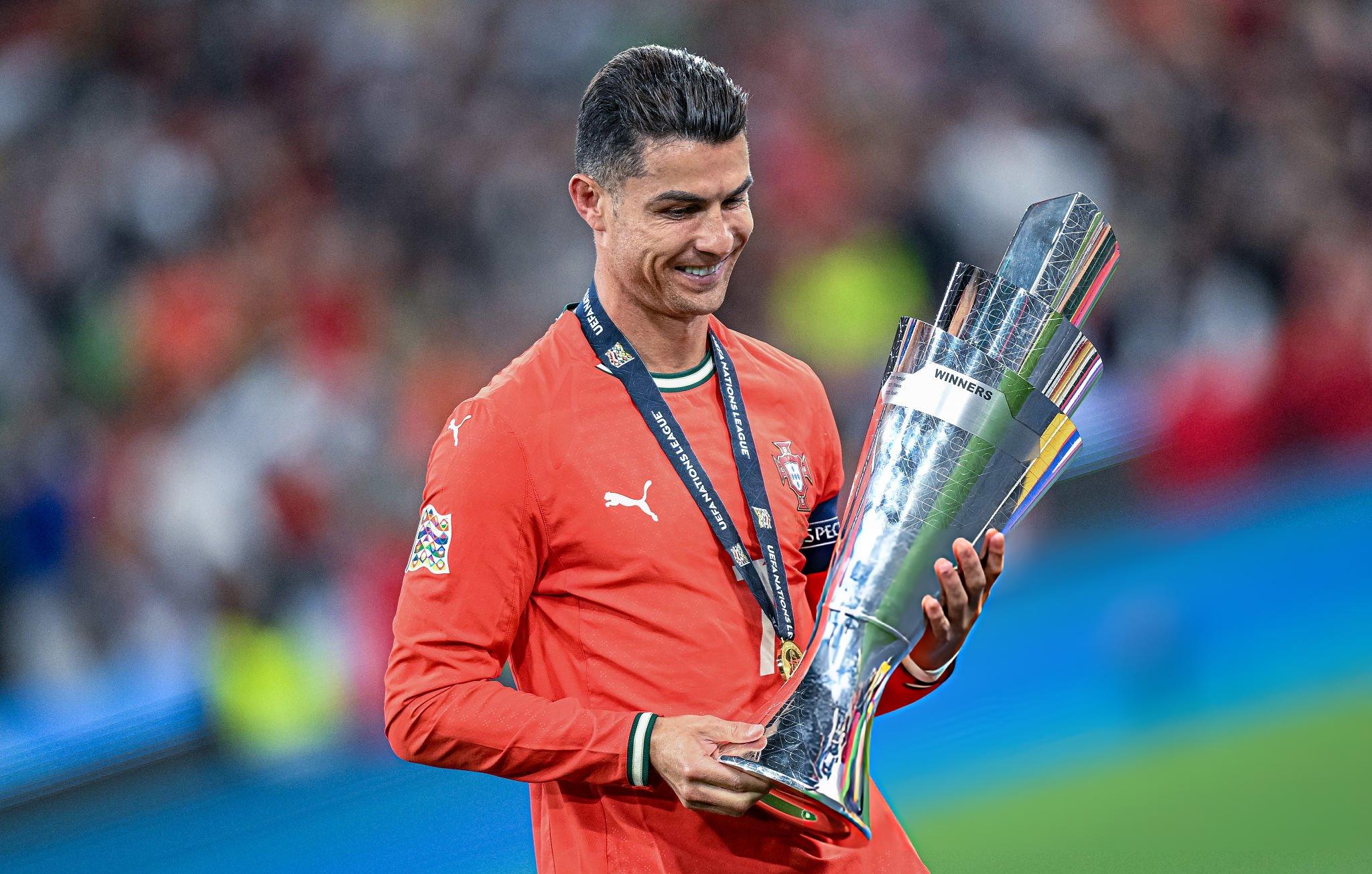
Business media recently declared Ronaldo the first footballer to become a billionaire and put his wealth above $1.4 billion. The main character responds with his trademark irony: he didn't cross that threshold yesterday; he had prepared for it long ago — "it's like winning the Ballon d'Or: you set the summit as a goal and, by the time the official moment arrives, you're already there in your head." He stresses that he isn't obsessed with numbers — money helps, but beyond a certain level it stops being a motivation. Still, Cristiano doesn't hide that he sees the billion as another record: "numbers don't lie," and his potential has long stretched beyond the pitch — from image and partnerships to his own ventures.
The Finish Straight Is in Sight: Unashamed of Tears, at Home with Pressure
The most intimate part of the conversation concerns the end of his career. Ronaldo doesn't cling to dates but is explicit: "soon." Nor does he pretend he will part with the profession in a snap; on the contrary, he admits the farewell will be painful and may well bring tears. He won't hide emotions: "I'm honest and open — why conceal that it's hard?" An unexpected detail: he began preparing for this moment long ago, back at 25–27. With the years, the habit of bearing pressure has become armor, but one fact remains: nothing compares to football for emotional intensity. After that come other roles: more time for family and children, more attention to his businesses, an interest in MMA, and a desire to develop his YouTube channel — not as a toy, but as a full-fledged media project.
Ring, Camera, and the Daughters' Line: A Home Scene Instead of Showy Splendor
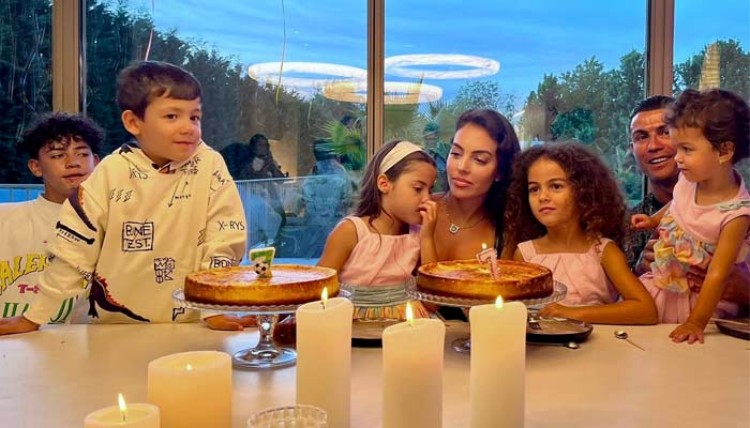
The August proposal to Georgina was neither staged nor showy — almost an improvisation. Ronaldo found the ring of her dreams but hadn't planned to turn the hand-over into an official moment — until relatives and… the daughters highlighted it. He didn't kneel — he was too excited — but delivered a short speech. The key stroke of the scene was Georgina's reaction: she cared less about "how many carats" than about the sincerity of the words. The couple haven't named a wedding date: the target is after a major football tournament, without vast halls and cameras — such is the bride's preference, and Cristiano respects it. In his phrasing, this isn't a new chapter from zero but a natural continuation of what has long been a family.
Part Two Will Bring Big Topics, but the Measure of Greatness Isn't a Seven-Match Tournament
Morgan teases the continuation — from sharp social and political questions to footballing ambitions. Here Ronaldo is especially categorical: a World Cup result should not rewrite a legacy. Six or seven matches are too short a distance to decide whether a player belongs in the pantheon. He does not dream of the trophy as the single missing piece; for him, a career is the sum of long-term standards, not a season's flash.
Between Legend and Tomorrow Morning: A Portrait of Ronaldo as He Is Now
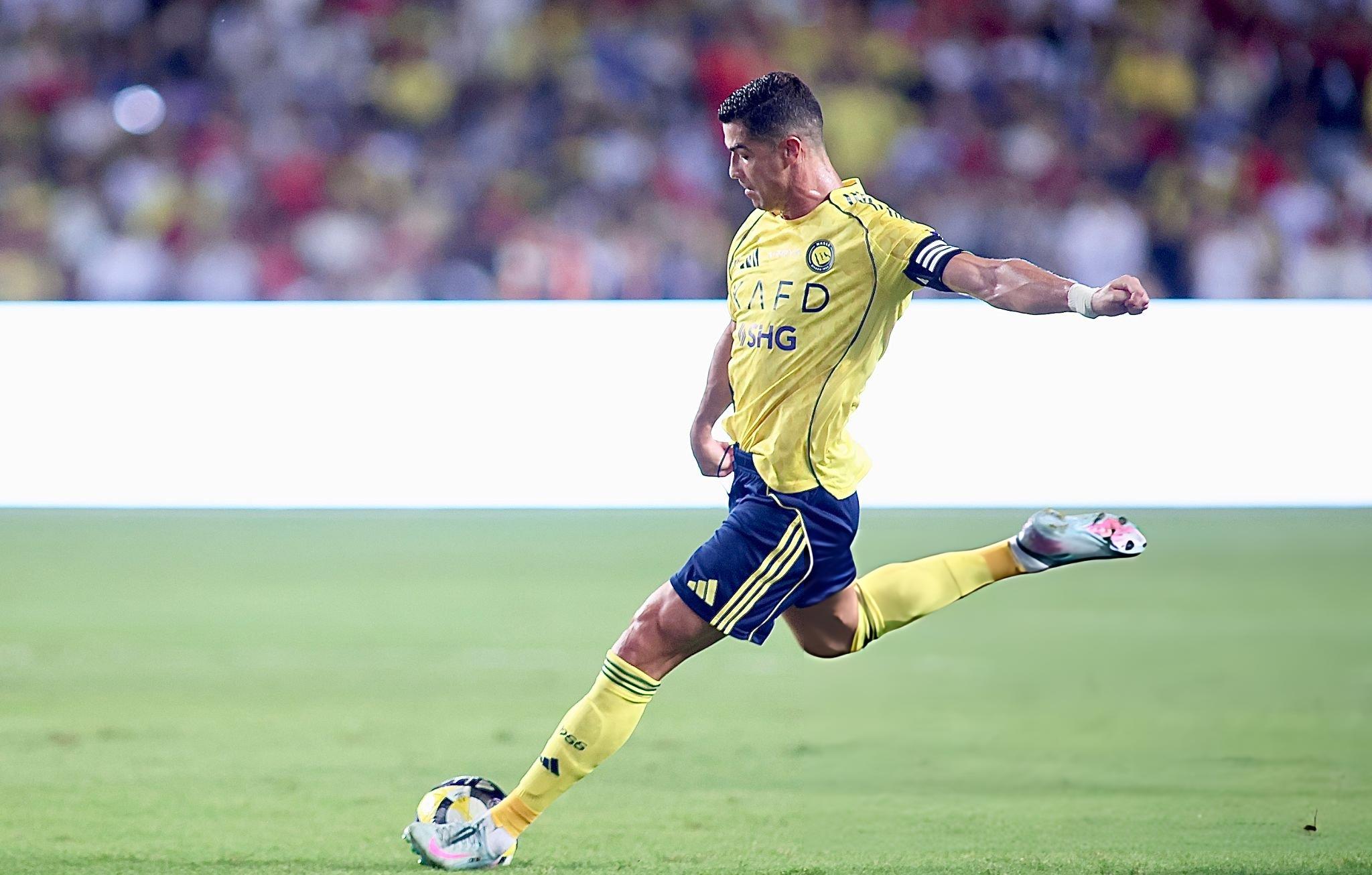
What remains after this conversation? Perhaps the main thing is the absence of pose. Ronaldo is still a maximalist and perfectionist, but without illusions: United won't be cured by a single substitution; happiness isn't measured in billions; and the end of the road requires the same discipline as the start. He is used to living in a mode of records and big headlines, but he talks ever more about simple things — family, honesty, and the ability to stop on time. That is his current power: to look at the past without a nostalgic haze, at the present without self-deception, and at the future without fear. And if "miracles" really don't happen, then Ronaldo seems set to win his last big match the adult way — through order, not chance.

